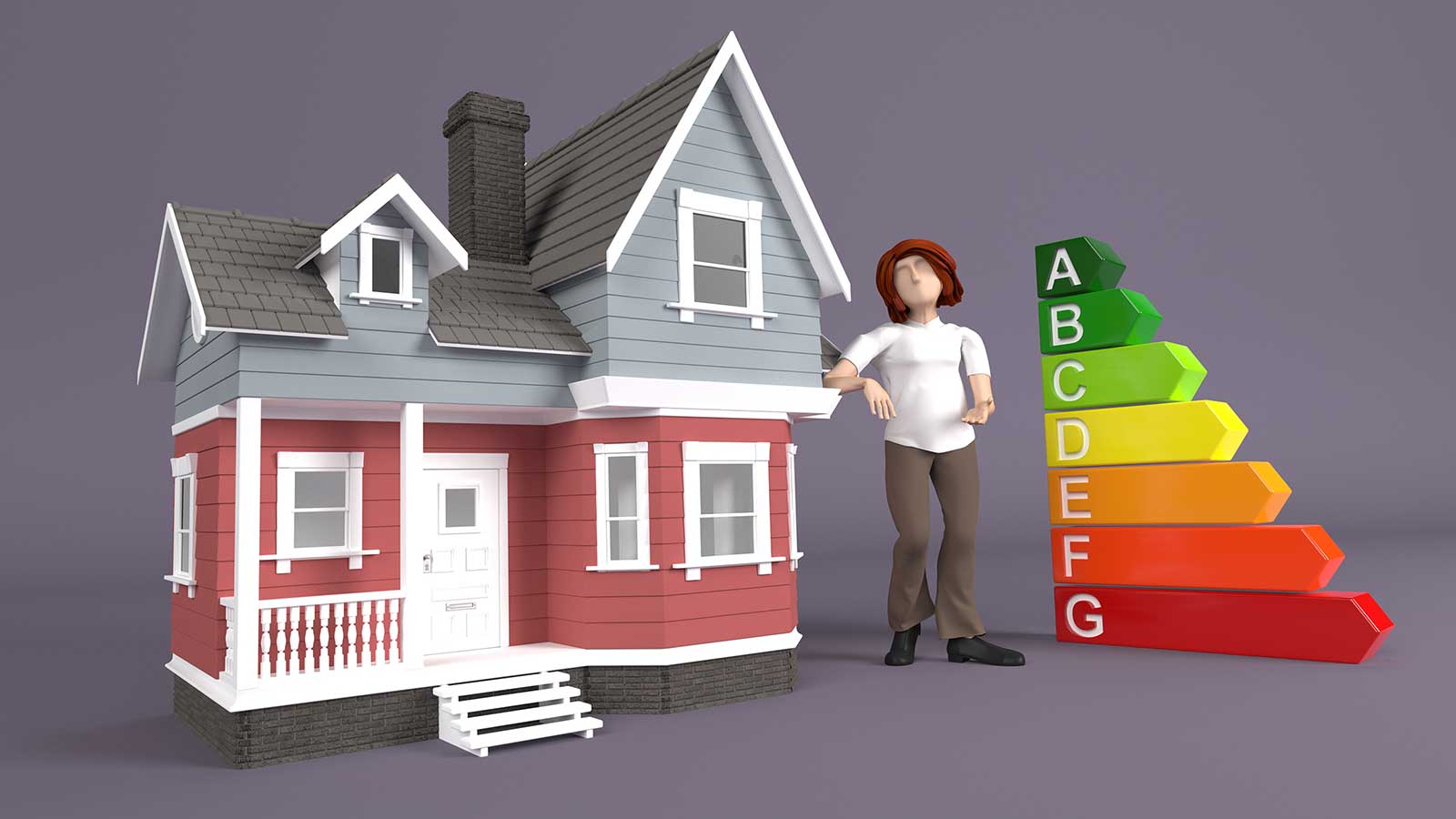With the fluctuating cost of energy bills at the forefront of UK households’ minds, it’s no surprise that thousands of people each month are searching for alternatives to make their homes greener and improve the cost of their energy bills.
Since the Government announced their net zero targets, the pressure to make homes more energy-efficient is mounting. Discussions with the Future Homes Standards have been going on for years in a bid to formalise the types of heating and water systems that should be installed, reducing the reliance on gas and oil boilers. With many homes still powered by gas and around 20% of carbon emissions generated from residential properties, the reliance on fossil fuels powering UK homes needs to, and is changing.
Green homes, or all electric-homes are the way forward, but knowing where to start can be overwhelming. From solar panels to heat pumps, there’s no denying that switching your home heating system to an ‘all electric’ set up comes at a cost. However, the good news is that there are ways to scale and improve your home’s carbon footprint without having to do everything at once.
A key starting point is understanding more about what an all electric green home looks like, and the steps you can take to install a system that’s cost-effective and will reduce your energy-bills long-term.
What is an all electric home?
An all electric home uses a combination of green technologies to generate its own clean energy source, eliminating the use of fossil fuels such as gas and oil – no more relying on the grid to power your home.
What’s in an all-electric home?
The most effective set up for an all electric home includes:
- Solar panels: generating electric energy from sunlight to power devices. Solar panels work throughout the year as long as daylight is available each season – a common myth most people misunderstand when considering the efficacy of going solar
- A battery: installing a battery allows households to store excess energy created by solar power, which can be the case for sunny south facing homes or properties with great sun exposure. Batteries enable households to store energy that they don’t need to use straight away, providing extra back up in conditions where daylight may be more limited
- Electric heating systems, such as air source heat pump systems: heat pumps are installed outside of the home, requiring space to draw heat from outside and in to create clean energy. Heat pumps can also be connected to existing gas boilers, creating a hybrid heating system
These technologies are examples of the ‘gold standard’ of creating an all-electric home, but rest assured, you don’t have to install everything at once. Electric heating systems have been developed to work in combination with traditional devices, enabling your home to steadily become more eco-friendly. This is significant for converting gas boilers in older buildings, as some don’t have the structure or space to install the full stack of green tech.
To start making change, what’s important is making your home more sustainable using systems that are most suitable and accessible to your property. This way you can adapt your home practically and spread the cost of going all-electric at a rate that’s best for you, even if it’s over a number of years.
What are the benefits of an all-electric home?
The main benefits of an all electric home is vastly reducing your carbon emissions and your energy bills. The ‘dream set up’ combining a heat pump, solar panels and battery storage could produce three times more energy using clean electric power.
Switching your home to all-electric systems also makes it more efficient, as they require less energy to power them compared to traditional technology and appliances. Plus, with an all-electric system, you have far more control managing your devices, creating smart energy zones in your home using wireless thermostats. With these you can set a precise temperature and timing room-by-room, so the heating comes on when you need it, using only the power required to generate heat, reducing your energy bills overall.
If you’re considering making a move to an all electric home, a simple starting point is changing your heating system. Due to their compatibility with existing, legacy systems in your home, changing to an electric boiler is a fantastic, more sustainable option.
What are the advantages of an electric boiler?
Electric boilers can be installed as a gateway to making your home ‘all electric’. Their advantages include 100% energy efficiency ratings (compared to gas’s 60%) and emitting zero carbon emissions at source. Rather than using fossil fuels, electric boilers work using an electric heating element which generates hot water to power your heating system and provide warm water.
The installation of electric boilers is more flexible too and a fantastic alternative if you’re unable to install a heat pump due to lack of space or building type. They’re popular with those who live in small homes, terraced properties, flat or apartments as they don’t need a flue – saving on space and the labour required to knock through. Plus, they’re also safer than gas boilers, with zero risk of a gas leak or explosion.
Find out how electric boilers are efficient and the amount of energy they can save.
If you’re planning to increase your all electric set up again in the future, electric boilers are compatible with solar panels, as the self-generated solar energy creates electricity to power the boiler, reducing your bills further. You may have guessed it, electric boilers also work seamlessly with electric radiators, completing your electric heating system in the home.
Switching to an electric boiler
Future proofing your home is the starting point to creating an all electric home, and electric boilers are a great entry point if you’re ready to convert from your gas boiler. For more information on the costs of an electric boiler, get in touch with our team of experts who are more than happy to explain how Fischer products work with a wider range of our green technology.
- The Rise in UK Gas Prices (Again!) and What It Means for Homes - February 23, 2026
- Should you leave the heating on while you’re away for Christmas? - December 19, 2025
- Hosting Christmas: How to Heat a Busy Home Efficiently - December 15, 2025


